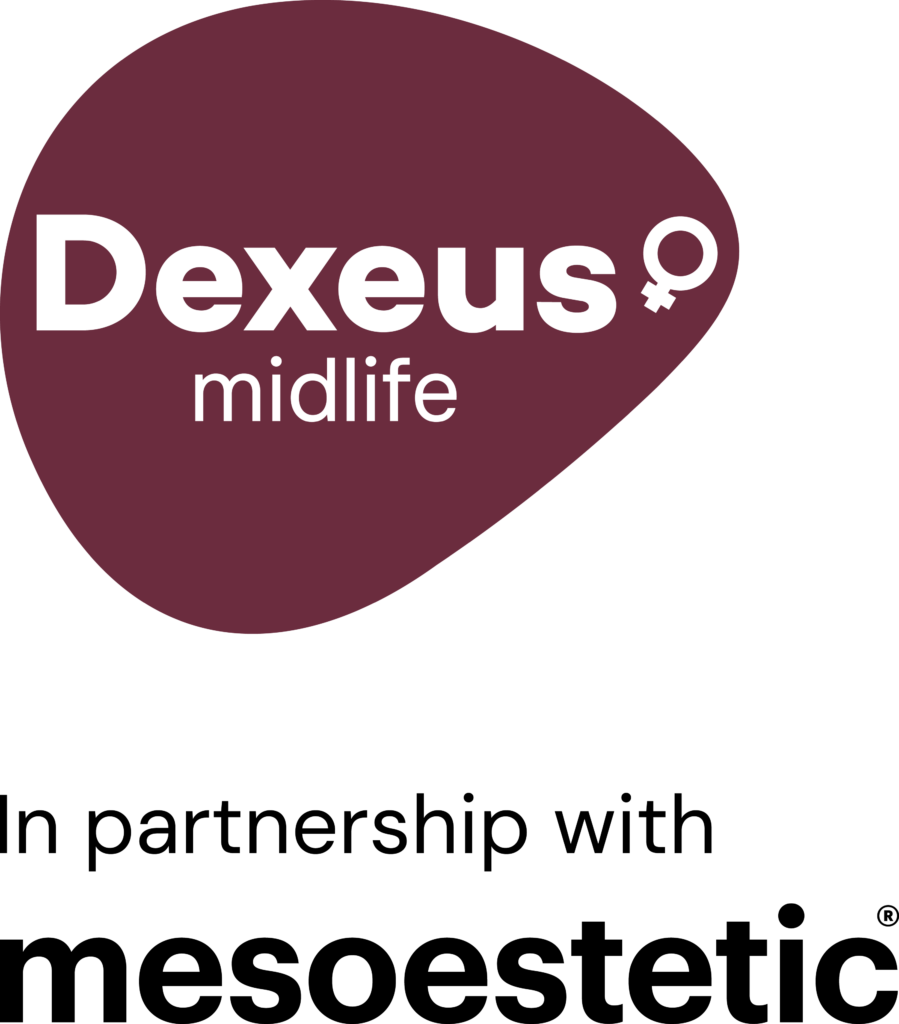Menopause came out of the closet quite a few years ago. Social networks have helped a lot. Now it is spoken about openly, accepted as normal and all women are encouraged to be proactive. How? By paying more attention to their health and asking for support to address the relevant problems that menopause sometimes entails. But there is still some confusion about when it starts and when it ends, or what symptoms can be experienced at each stage.
This lack of precision is due to the fact that the beginning and end of this stage cannot be determined exactly for each woman. It is a journey that can be very different from one to the other. However, there are a number of guidelines and symptoms that are easy to detect and that can give us clues.
This is a phase prior to the perimenopause.It begins from the stage when women start to lose their ovarian function progressively and therefore experience a reduction in the production of female hormones, oestrogen and progesterone. This period can last approximately 5 years. Menstrual cycles are normal, occasionally they can be shorter, although ovulation occurs in most cases. There are no symptoms of menopause yet, but fertility problems can be detected.
When does menopause “official start”?
In fact, the concept of menopause itself has a one-off nature. According to the WHO, the term “menopause” means the pause or permanent end of the menstrual period, and it is an event that is evaluated retrospectively, i.e. it can be said that a woman has entered menopause if she has gone for 12 months without menstruation since she had her last period. But what happens during those 12 months that range from the last period to the “official start” of menopause? According to experts, this prior time period would be perimenopause. It is characterised by a set of endocrinological, unpredictable and variable changes that can cause various imbalances, from sleep disorders and hot flushes to mood swings, for example. Menstrual periods become more or less frequent, there is more or less bleeding and you may go for months without a period. Symptoms of skin and mucous membrane atrophy may also begin to appear.
The start of post-menopause is somewhat clearer: it starts a year after the last menstruation. It is a long stage that reaches old age and that, with the increase of life expectancy in many countries, represents more than a third of a woman’s life years. Therefore, it is important to promote positive changes in habits and lifestyle, so that women can live their life with good health. It also is very important that women continue to undergo gynaecological check-ups at least up to 70 years of age. It is also important to pay attention to skin care, sexuality, sleep and bone health.
At Dexeus Midlife you can ask our medical team for information and advice on any problem you may have at all these stages, resolve doubts and improve your quality of life.




